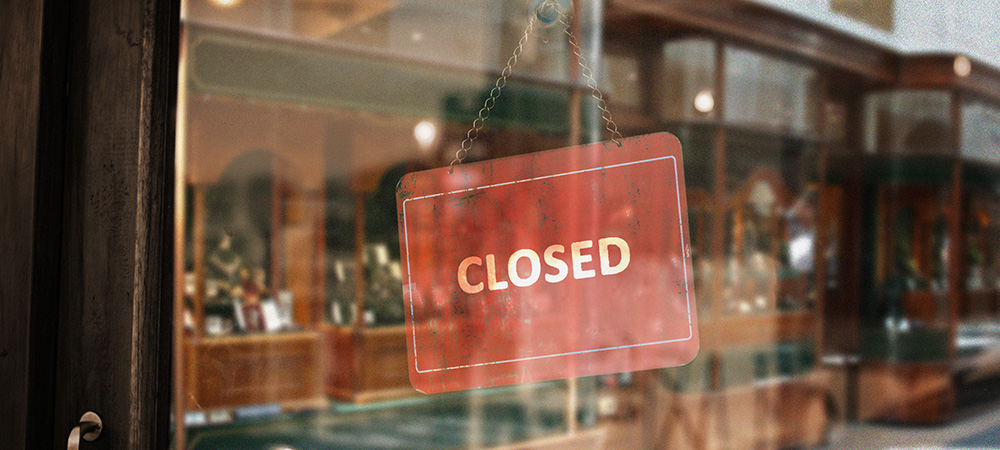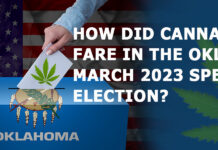California Cannabis Collective Law To Sunset On January 9, 2019 Putting Certain Cannabis Businesses Out Of Business
Soon nonprofit collectives and cooperatives dispensing cannabis to medical patients will be illegal in California.
In 1996 the voters of California passed Proposition 215 allowing the personal use and cultivation of medical cannabis for patients or their primary caregivers who cultivate for them. This proposition is still in effect today; however, until 2004 there was no system of distribution established. Seeing this as a problem, the California legislature passed SB 420 in 2004, allowing patients to form nonprofit medical cannabis collectives or cooperatives, under which cultivation and distribution were protected under state law. This opened up the floodgates allowing the establishment of medical cannabis dispensaries and gardens which provided increased access to Californians to cannabis for over the last ten years.
However in 2015, three bills collectively called the Medical Cannabis Regulation and Safety Act (“MAUCRSA”), were enacted. MAUCRSA establishes a Bureau Of Cannabis Control (the “BCC”) to regulate cannabis commerce, requiring new state and local licenses for all commercial operations. The law grandfathered in locally licensed SB 420 collectives until one year after the BCC posted a notice on its website that licenses have commenced being issued. Proposition 64 (AUMA), and the subsequent legislation MAUCRSA, blending both medical and recreational cannabis laws, upheld this requirement.
The Bureau of Cannabis Control published its licensing notice on January 9, 2018, meaning H&S Code §11362.775 protecting collective operations is effectively repealed on January 9, 2019. By that date all cannabis collectives must be licensed under the new state laws, except for individual patient and caregiver gardens serving no more than five patients. In that exception the caregiver for these gardens cannot receive remuneration other than for actual expenses (See B&P §26033(b), H&S Code §11362.765(c)) which for the cannabis collectives still operating under this exception leaves no ability to generate a profit regardless of how many plants they are able to grow.
Many cities and counties limit how much and where medical gardens can be grown, and the courts have upheld their right to ban medical cannabis gardens under local ordinances, despite state law. Locals must permit six plants per residence under AUMA, but may “reasonably regulate” how those plants are grown, including forcing them indoors.
Under Proposition 64, the BCC was required to issue a report on nonprofit collectives by January 1, 2018. However subsequent legislation pushed that date back to January 1, 2020, leaving nonprofit operations that supply cannabis to low-income patients and all collectives in limbo throughout 2019.
Penalties For Selling Cannabis Without A License.
California law mandates that you can only sell cannabis if you have obtained a license to do so. These licenses being issued by the BCC. If you don’t have a license, then selling cannabis or transporting it in order to sell it is still a crime under H&S Code §11360.
For most defendants, unlicensed sale or transport for sale of cannabis is a misdemeanor punishable by up to six months in county jail and/or a fine of up to $1,000. For defendants under 18, it is an infraction. Also, giving away or transporting for sale up to 28.5 grams of cannabis without a license is an infraction.
But the sale/transport for sale of cannabis without a license to do so is a felony for the following defendants:
- Defendants who have a prior conviction for one of a list of particularly serious violent felonies, including murder, sexually violent offenses, sex crimes against a child under 14, or gross vehicular manslaughter while intoxicated, or a sex crime that requires them to register as a sex offender;
- Defendants who have two or more prior convictions for H&S Code §11360 sale/transportation of cannabis;
- Defendants who knowingly sold, attempted to sell, or offered to sell or furnish cannabis to someone under 18; or
- Defendants who imported or attempted or offered to import into California, or transported or attempted/offered to transport out of California for sale, more than 28.5 grams of cannabis or more than four grams of concentrated cannabis.
In any of these scenarios, black market sale or transportation for sale of cannabis under H&S Code §11360 is punishable anywhere from two to four years in jail.
Transporting cannabis without intent to sell it, or giving cannabis away, is not a crime in California so long as BOTH of the following are true:
- You transport or give away not more than 28.5 grams of cannabis or eight grams of concentrated cannabis, and
- Any people you give cannabis to are 21 years of age or older.
What Should You Do?
Come January 9, 2019 many cannabis businesses in California will no longer have valid licenses. Both civil and criminal penalties will apply to unlicensed operators so it is imperative that anyone cultivating, manufacturing or distributing cannabis on a commercial basis in California seeks a local and state license for their operations immediately, if they have not already done so. Protect yourself and your investment by engaging the cannabis tax attorneys at the Law Offices Of Jeffrey B. Kahn, P.C. located in Orange County (Irvine), San Francisco Bay Area (including San Jose and Walnut Creek) and other California locations. We can come up with tax solutions and strategies and protect you and your business and to maximize your net profits.








